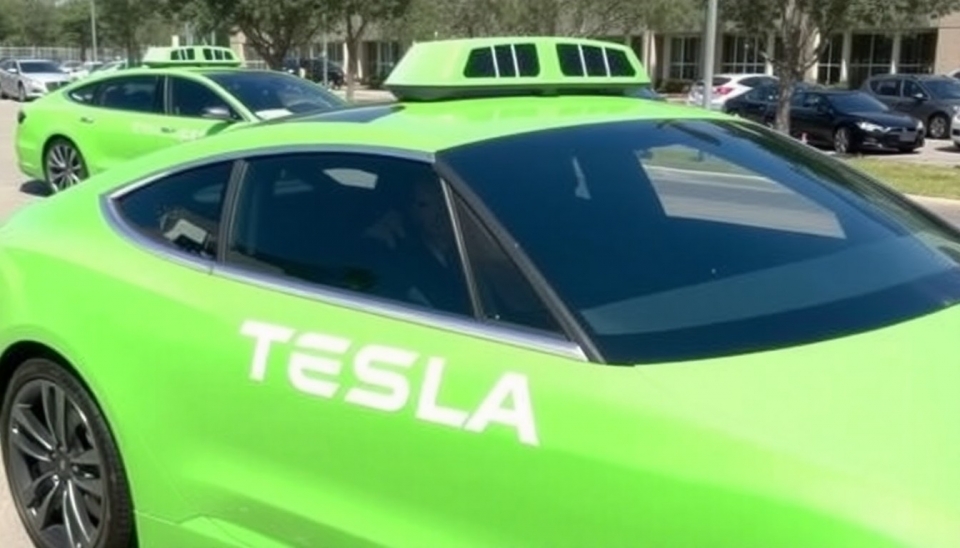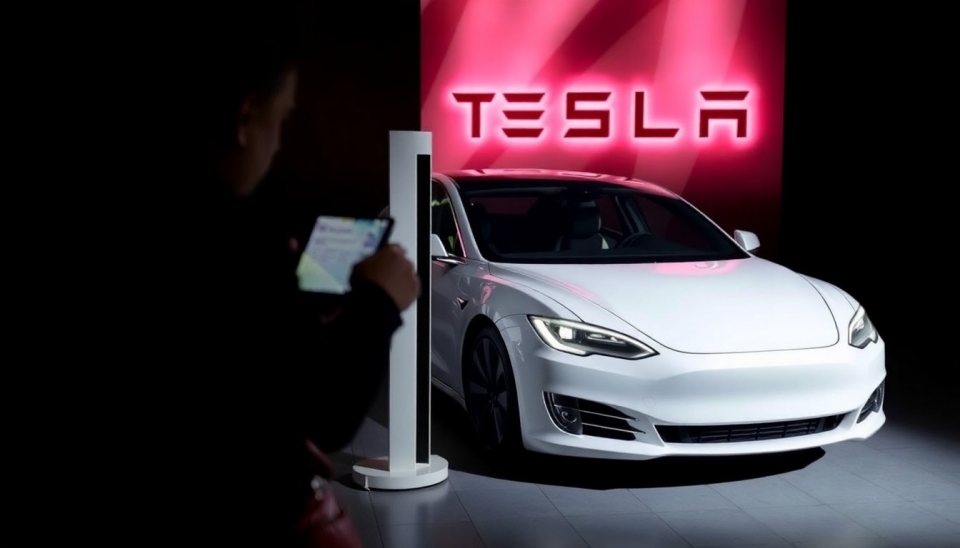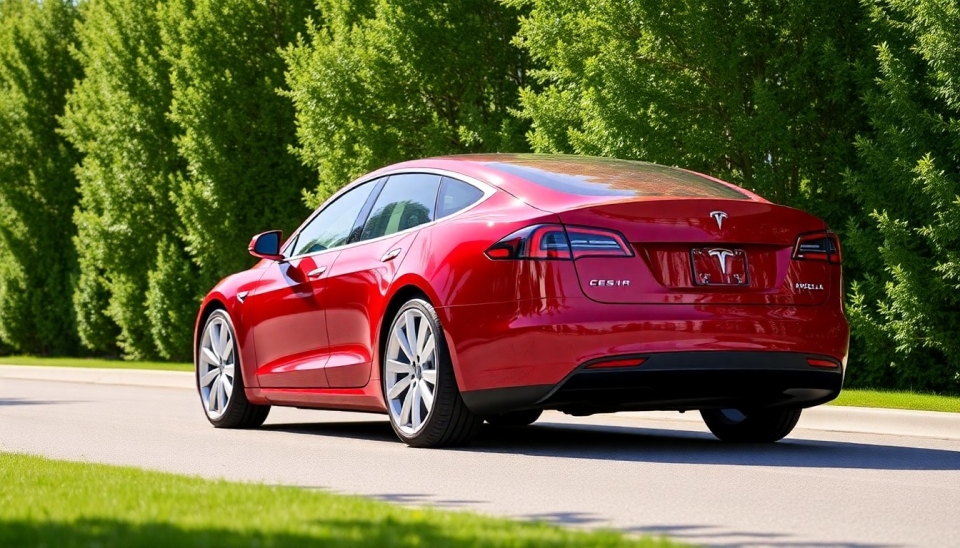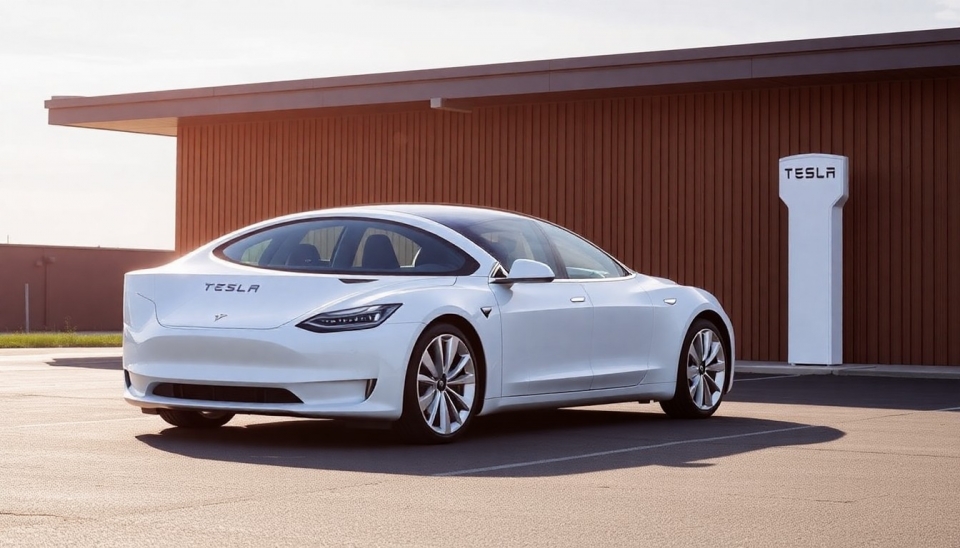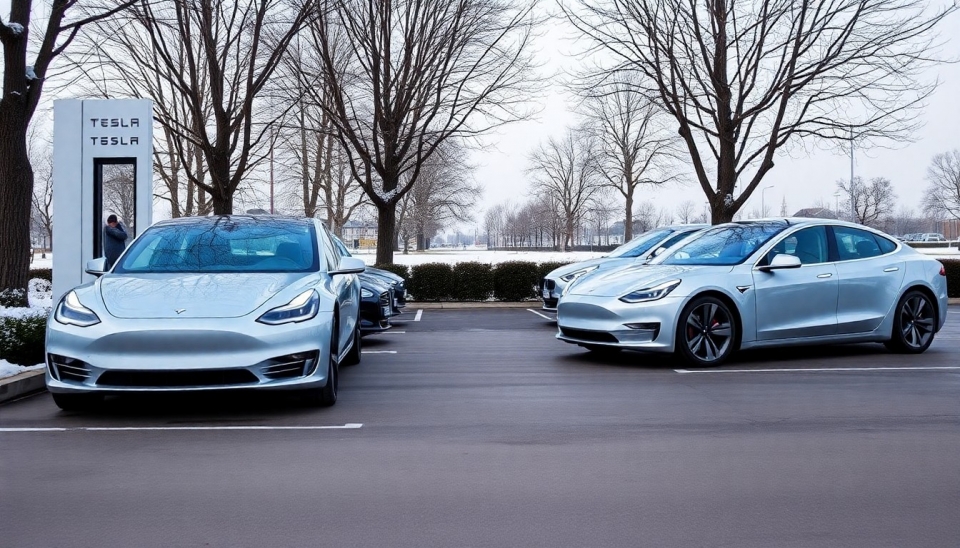
Tesla's fortunes in Europe have continued to diminish, as evidenced by a staggering 40% drop in sales for February, raising concerns over the electric vehicle (EV) manufacturer's position in one of its most significant international markets. This decline builds on an already troubling trend for the electric car maker this year, showcasing ongoing challenges within the European automotive landscape.
The dismal performance of Tesla in Europe comes as new data reveals that the company delivered only 1,179 vehicles in February. This represents a sharp contrast to figures from the previous year where the company managed to sell a significantly higher volume of vehicles during the same period. In February 2024, Tesla's European sales were approximately 50% lower than sales recorded in December 2023, which was a particularly strong month for the company.
Industry experts attribute this slump to a combination of factors, including intensified competition from local EV manufacturers and a shift in consumer preferences. As European governments push towards more stringent emissions regulations and increased incentives for EV purchases, traditional automakers have been ramping up their efforts, vying for a larger slice of the ever-competitive EV market. This includes a slew of affordable electric models that are rapidly becoming available to consumers, challenging Tesla's previously dominant position.
Another contributing factor to Tesla's volatile performance in Europe is the recent price drops across its vehicle lineup. While such strategies can often stimulate demand, they might also signal a struggle to maintain sales momentum amidst rising competition. The price cuts have raised questions among investors about the sustainability of Tesla's margins, especially given the company's significant investments in new manufacturing capacities and technological advancements.
Moreover, Tesla’s deliveries south of the Channel have also been hampered by logistical hurdles and delays that have plagued the scaling of its operations. Despite expanding its Gigafactory in Berlin, the ramp-up has been slower than anticipated, creating challenges in meeting consumer demand in the region while also managing supply chain issues exacerbated by broader economic conditions.
This dramatic dip in sales could have broader implications for Tesla's strategy moving forward as it seeks to solidify its presence in Europe, where the appetite for EVs is robust but fiercely contested. Tesla has long been seen as a pioneer in the electric vehicle sector, but the challenges it faces in Europe highlight that success in the automotive market requires constant adaptation and responsiveness to market dynamics.
In conclusion, as Tesla navigates through these hurdles, it will need to reassess its market strategies to regain foothold and enhance competitive edge in Europe, where the future of transportation is leaning heavily towards sustainable alternatives.
#Tesla #ElectricVehicles #EVSales #EuropeanMarket #AutomotiveIndustry #CarSales #SustainableTransport #Competition
Author: Liam Carter
